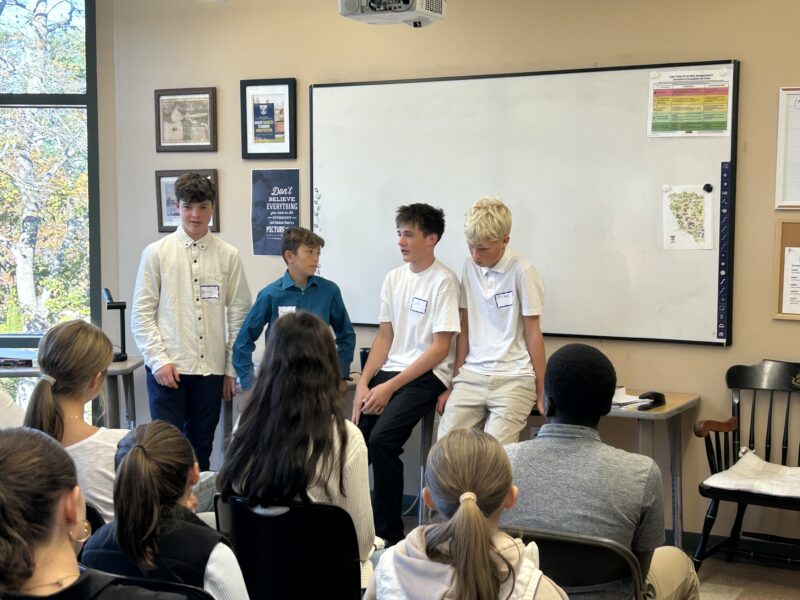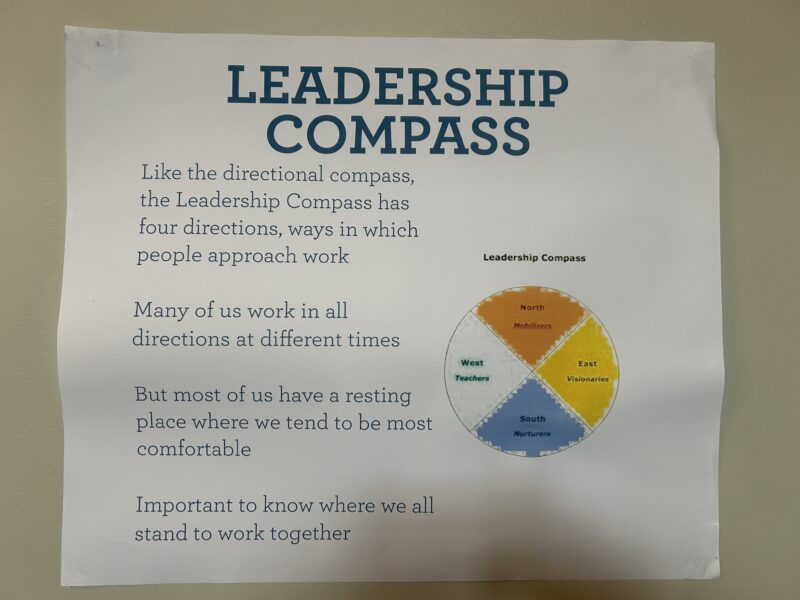I thought I would devote a few posts to the weekly School Meeting, an important time-honored Hyde tradition.
Character is not developed in isolation. A productive group ethic is an essential ingredient. Just as it takes a village to raise a child, it takes a community to teach a student. The School Meeting provides an opportunity to pull everyone together for a process of collective personal growth.
The school meeting is an ideal arena for community development from four critical standpoints:
1. It affords the opportunity for the public expression of our highest ideals.
2. It gives the students the opportunity to express themselves, to see that their thoughts matter, and to learn from each other.
3. It provides the school head and faculty with a reading on the mood and morale of the student body as a whole.
4. It places the entire community in a single classroom, thereby foster both new understandings and esprit de corps.
An effective School Meeting can ratchet the whole community into a great leap forward. While we are often guided by a game plan, it is important to note that we sometimes experience our best School Meetings when we “wing it.” That is, we simply pull the students and faculty together and ask, “What do you want to talk about?” Sometimes we never get to the topic we originally intended to discuss. Similarly, we have had some very powerful spur of the moment meetings where we have called everyone together to address a pressing issue such as stealing, a breakdown in the student jobs program, or perhaps offensive graffiti. I would estimate that we stop the school four to five times per year for this purpose. (When I was Hyde’s headmaster, I likened myself to a basketball coach who has five time-outs at his disposal.)
While there is “boy who cried wolf” danger in excessive reliance on school meetings to make a point to the community, when effectively utilized they can be the most powerful generators of personal growth in the Character First curriculum. Because their value is often realized well after the actual gathering, we often say that we should wait as week or ten days before we assess the effectiveness of any given meeting.
Onward, Malcolm Gauld


